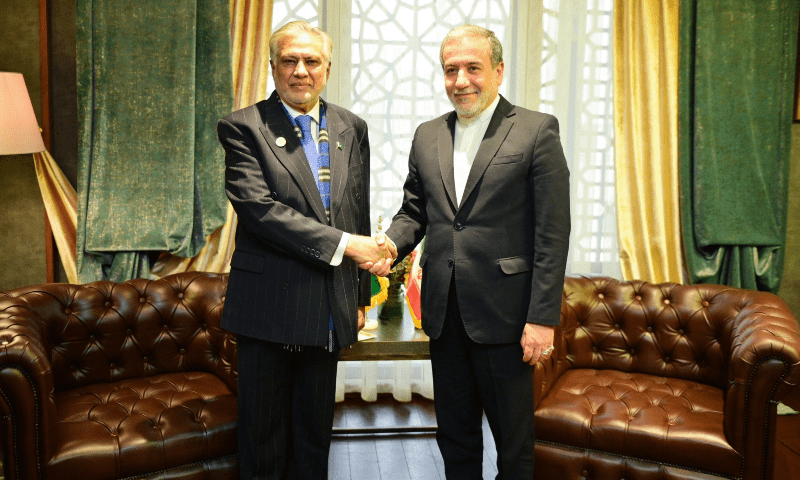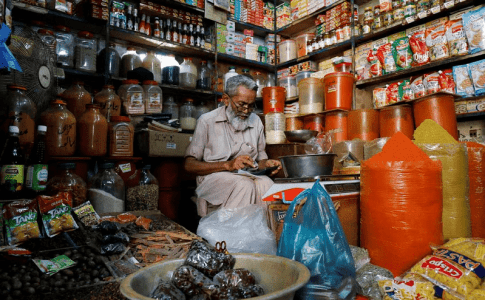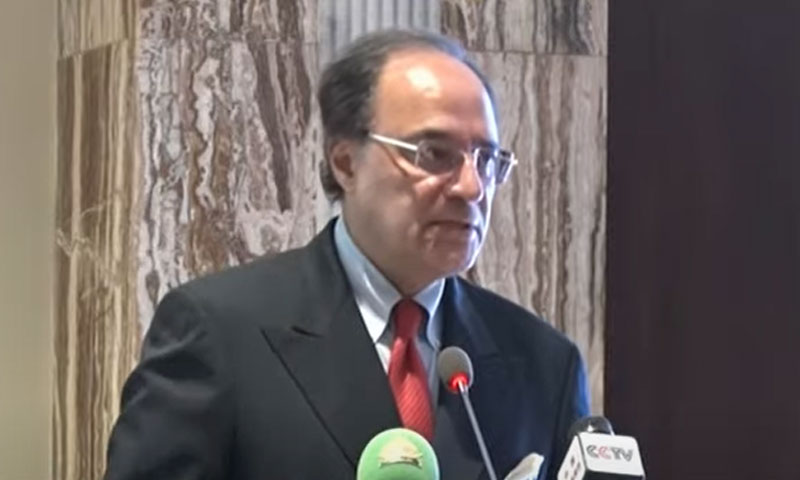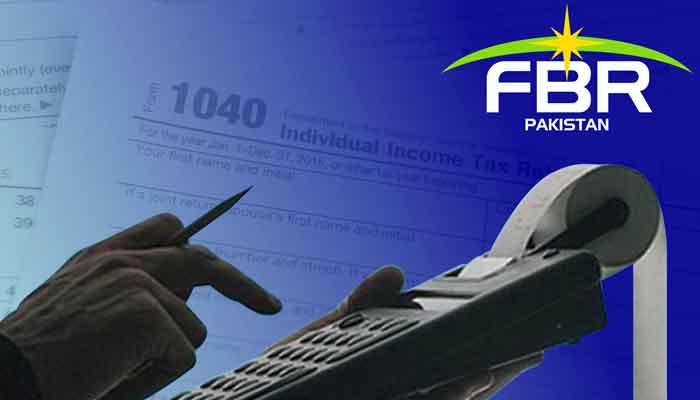TRADE & ECONOMY
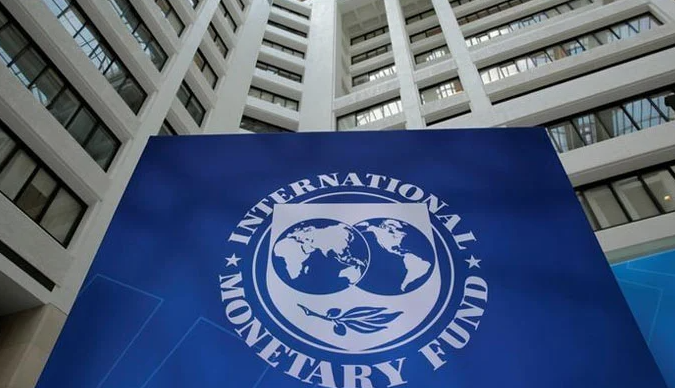
Pakistan faces mounting pressure to meet stringent conditions set by the International Monetary Fund (IMF) to qualify for the second tranche of its new loan program. According to documents obtained by Geo News, several benchmarks remain unmet, with a February 2025 deadline looming.
IMF Conditions and Structural Benchmarks
The documents reveal that Pakistan must address critical areas, including:
- Net tax revenue targets: The Federal Board of Revenue (FBR) is tasked with collecting Rs 12,913 billion in the current fiscal year.
- Expenditure on education and health: Targets for public spending in these sectors are yet to be achieved.
- Public finance reforms: Structural adjustments in governance and revenue collection remain incomplete.
- Exchange rate stability: By March 2025, the open market and interbank exchange rate difference must not exceed 1.25%.
Additionally, the IMF requires Pakistan to maintain foreign exchange reserves equivalent to three months of import bills and ensure currency swaps do not surpass $2.75 billion.
Structural Benchmarks and Deadlines
Out of the 39 structural benchmarks set for implementation by July 2025:
- 22 remain outstanding.
- 18 relate to federal measures, while four pertain to the State Bank of Pakistan (SBP).
Progress and Compliance
The government has complied with the condition of avoiding borrowing from the central bank. However, critical governance reforms, including issuing a report on corruption and governance, remain pending.
Challenges and Outlook
Meeting the stringent requirements is crucial for Pakistan to secure the next tranche and maintain the IMF program's credibility. Non-compliance risks derailing economic recovery and exacerbating financial instability.

